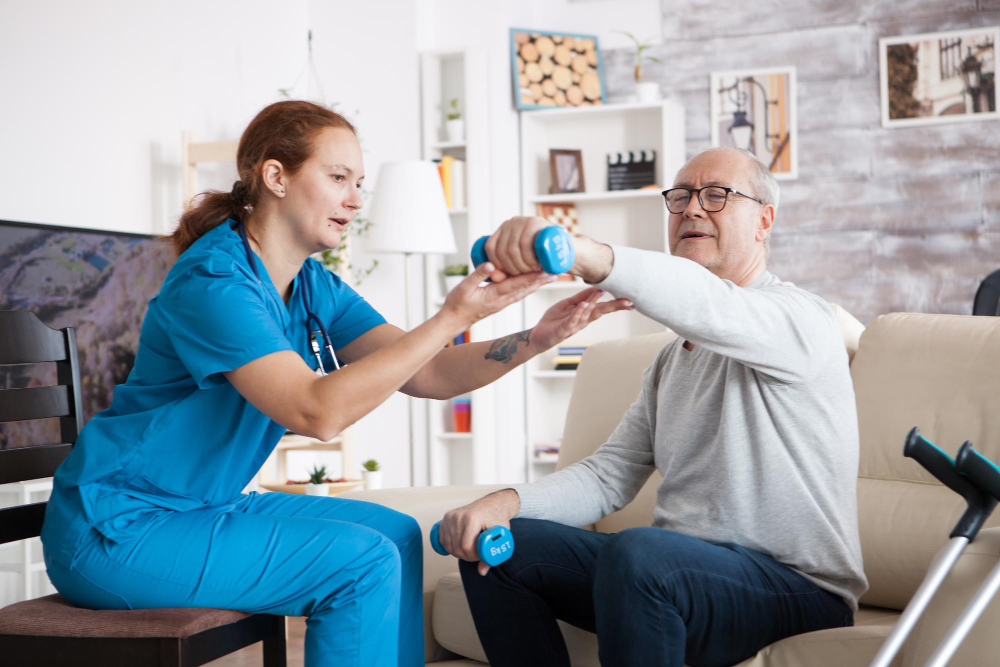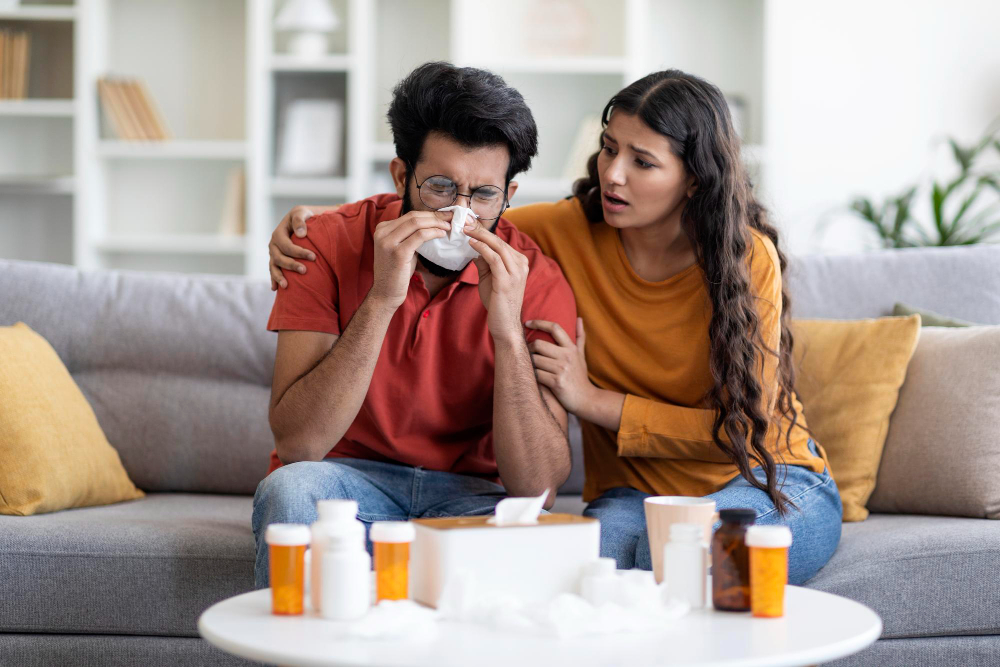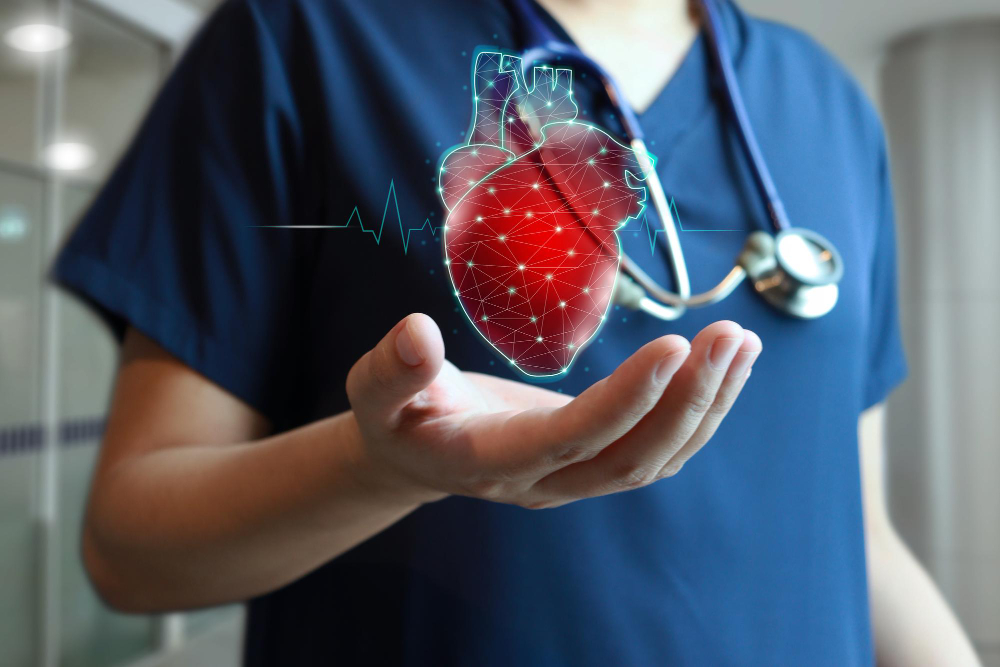
How Senior Citizens Can Stay Safe from Falls and Keep Bones Strong
As we age, the risk of falling and breaking a bone increases dramatically. For senior citizens, even a minor fall can lead to major health complications such as fractures, hospitalizations, or long-term disability. At Horizon Hospital, we understand how crucial it is to promote both fall prevention and bone strength in older adults.
This comprehensive guide will help seniors, caregivers, and families understand how to stay safe, active, and independent through effective strategies that protect both mobility and bone health.
Why Falls Are a Serious Concern for Seniors
According to the World Health Organization (WHO), falls are the second leading cause of unintentional injury deaths worldwide. Among senior citizens:
- 1 in 3 people over age 65 experiences a fall each year.
- Falls are the leading cause of fractures, especially hip and spine fractures.
- Many fall-related injuries lead to loss of independence, depression, and a decline in overall health.
These risks make fall prevention a priority for senior healthcare.
Common Causes of Falls in the Elderly
Understanding what causes falls is the first step in prevention. Some common risk factors include:
- Poor vision
- Muscle weakness
- Balance problems
- Medications that cause dizziness or drowsiness
- Slippery floors or loose rugs
- Poor lighting
- Chronic conditions like Parkinson’s, arthritis, or diabetes
- Previous history of falls
Strengthening Bones: Why It Matters
Bones naturally lose density with age, especially in postmenopausal women due to decreased estrogen levels. This leads to osteopenia or osteoporosis, making bones fragile and more likely to fracture.
Maintaining strong bones helps:
- Reduce the risk of fractures during a fall
- Support posture and mobility
- Enhance overall quality of life
How to Prevent Falls: Expert Tips from Horizon Hospital
1. Stay Physically Active
Regular exercise improves:
- Muscle strength
- Flexibility
- Coordination
- Balance
Recommended activities include:
- Walking
- Tai chi
- Yoga for seniors
- Water aerobics
- Chair exercises
Always consult with a doctor before starting a new exercise program, especially if you have heart or joint conditions.
2. Get Vision and Hearing Checked
Poor vision and hearing can increase fall risk by affecting depth perception and balance.
- Schedule yearly eye exams
- Ensure proper lighting in living areas
- Clean glasses regularly
- Use hearing aids if needed and keep them well-maintained
3. Review Medications
Some medications cause side effects like dizziness or low blood pressure.
Ask your doctor to:
- Review all prescriptions and over-the-counter medications
- Adjust dosages or switch medications that increase fall risk
- Avoid mixing drugs that can cause interactions
4. Modify the Home for Safety
Home hazards contribute to many falls. A safe home environment is essential.
Home safety checklist:
- Remove loose rugs or secure them with tape
- Install grab bars in bathrooms
- Use non-slip mats in bathtubs and showers
- Ensure adequate lighting, especially in hallways and stairs
- Keep frequently used items within easy reach
- Add railings to both sides of stairways
- Use sturdy chairs with armrests for support
5. Wear Proper Footwear
Shoes play an important role in stability.
Choose:
- Non-slip soles
- Low-heeled, closed-toe shoes
- Properly fitting footwear
Avoid:
- Slippers with no grip
- High heels
- Loose sandals
Building and Maintaining Strong Bones
1. Eat a Bone-Healthy Diet
Nutrition is key to bone health. The following nutrients are especially important:
| Nutrient | Role | Best Sources |
| Calcium | Builds and maintains strong bones | Dairy, leafy greens, fortified soy/almond milk |
| Vitamin D | Helps absorb calcium | Sunlight, egg yolks, fatty fish, supplements |
| Protein | Supports muscle and bone repair | Lentils, eggs, dairy, lean meats |
| Magnesium & Zinc | Bone mineralization | Nuts, seeds, whole grains, legumes |
Consider talking to your doctor about supplements if your diet is lacking.
2. Limit Bone-Weakening Habits
Reduce or eliminate habits that can lead to bone loss:
- Smoking: Reduces bone mass and blood supply
- Excess alcohol: Affects calcium balance and bone formation
- Caffeine overuse: Excessive intake may affect calcium absorption
3. Get a Bone Density Test (DEXA Scan)
A DEXA scan evaluates bone strength and determines risk for osteoporosis. It’s especially important for:
- Women over 65
- Men over 70
- Anyone with a history of fractures or bone loss
Your doctor may recommend medication if your bones show signs of weakening.
What to Do After a Fall
Even if a fall seems minor, it’s important to get a medical evaluation to rule out hidden injuries such as fractures or internal bleeding.
Steps to Take:
- Stay calm and assess injuries
- Call for help if needed
- Use a sturdy object or call assistance to get up
- Follow up with your healthcare provider
Rehabilitation and Support at Horizon Hospital
Horizon Hospital offers comprehensive care for seniors, including:
- Orthopedic consultations for bone and joint health
- Geriatric physical therapy to improve balance and mobility
- Fall risk assessments
- Nutritional counseling
- DEXA scans for bone density
- Home safety evaluations (if applicable)
Our goal is to help you or your loved one live independently and safely.
Final Thoughts: Stay Safe, Stay Strong
Aging doesn’t have to mean losing independence. With the right precautions, seniors can prevent falls, protect their bones, and enjoy a high quality of life. Fall-proofing your surroundings, eating well, staying active, and keeping up with medical checkups are powerful steps toward safety and strength.
At Horizon Hospital, we are committed to helping senior citizens age with dignity, strength, and confidence.







